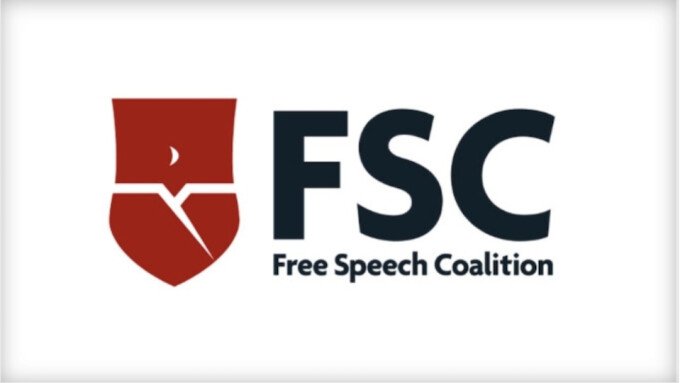LOS ANGELES — Adult industry trade group the Free Speech Coalition (FSC) has released a policy statement clarifying their position on Utah’s “porn warning” law.
Here’s the FSC statement:
Clarification on Utah's "Porn Warning" Law
In March, the State of Utah passed a law requiring anyone distributing "obscene" material in Utah to affix a warning label — and, in the case of streaming video, a five-second pre-roll — warning potential viewers of the dangers associated with showing such content to minors. Failure to do so can result in a $2500 fine (plus court costs and legal fees).
The law has caused a fair amount of confusion, both within the state and among adult producers. While we can not provide legal advice or specific guidance about any business’ potential liability under the law, we hope we can provide some context for understanding the new law.
Some of the confusion comes from the previous versions of the bill. When the original bill was introduced in early February, the proposed law applied not just to "obscene" content, but to any representation of sexual activity. Thanks to the work of ACLU and objections raised by FSC, the law has now been significantly narrowed. Currently, the requirement to label content only applies to legally "obscene" material.
What Is "Obscene"?
While the word "obscene" is often used casually to describe any explicit material, for more than 50 years it’s been a fairly narrow legal category.
Unfortunately, there is no clear definition for obscenity under U.S. law — in order for a work to be declared "obscene," a prosecutor must bring an obscenity case and secure an obscenity conviction. It is a very high standard to prove obscenity. There have been relatively few obscenity prosecutions in the last two decades, and even then for fairly extreme material.
Given this, it’s unclear how the law can or will be applied to individual distributors or website owners. In theory, until a work is deemed obscene by a court, it would not be subject to the labeling requirements of this law. However, could the Attorney General bring a case, regardless — and assume most adult companies would rather pay a $2500 fine than fight a lengthy and costly First Amendment case, even if they would likely prevail? We don’t yet know.
What Are the Requirements?
You should read the text of the bill for yourself here. In addition to the warning, you’re required to insert code so that prosecutors can easily detect if you are using the warning.
Is This Constitutional?
FSC believes the warning is "compelled speech" — essentially, the government forcing you to express a specific message — something the First Amendment protects against. However, until someone challenges the law in court, and wins, it remains the law.
Does It Apply to Companies Outside of Utah?
Yes. Anyone with material publicly available on the web (or otherwise accessible to citizens of Utah) is subject to this law. You need not market or otherwise sell anything specifically to Utahns in order to be subject to it. (A previous lawsuit over a similar labeling law successfully challenged this point, but it does not automatically extend to this law.)
How Should My Business Proceed?
As with many new laws, your degree of compliance will depend on your tolerance for risk. Will the law actually be enforced, or was it merely a political stand? Is it constitutional? We can’t answer those questions yet. Nor can we answer if the content hosted on your site is likely considered obscene in a court of law. For these questions, we can only recommend you speak with an attorney well-versed in First Amendment law.
For more from the FSC, visit their webpage.







